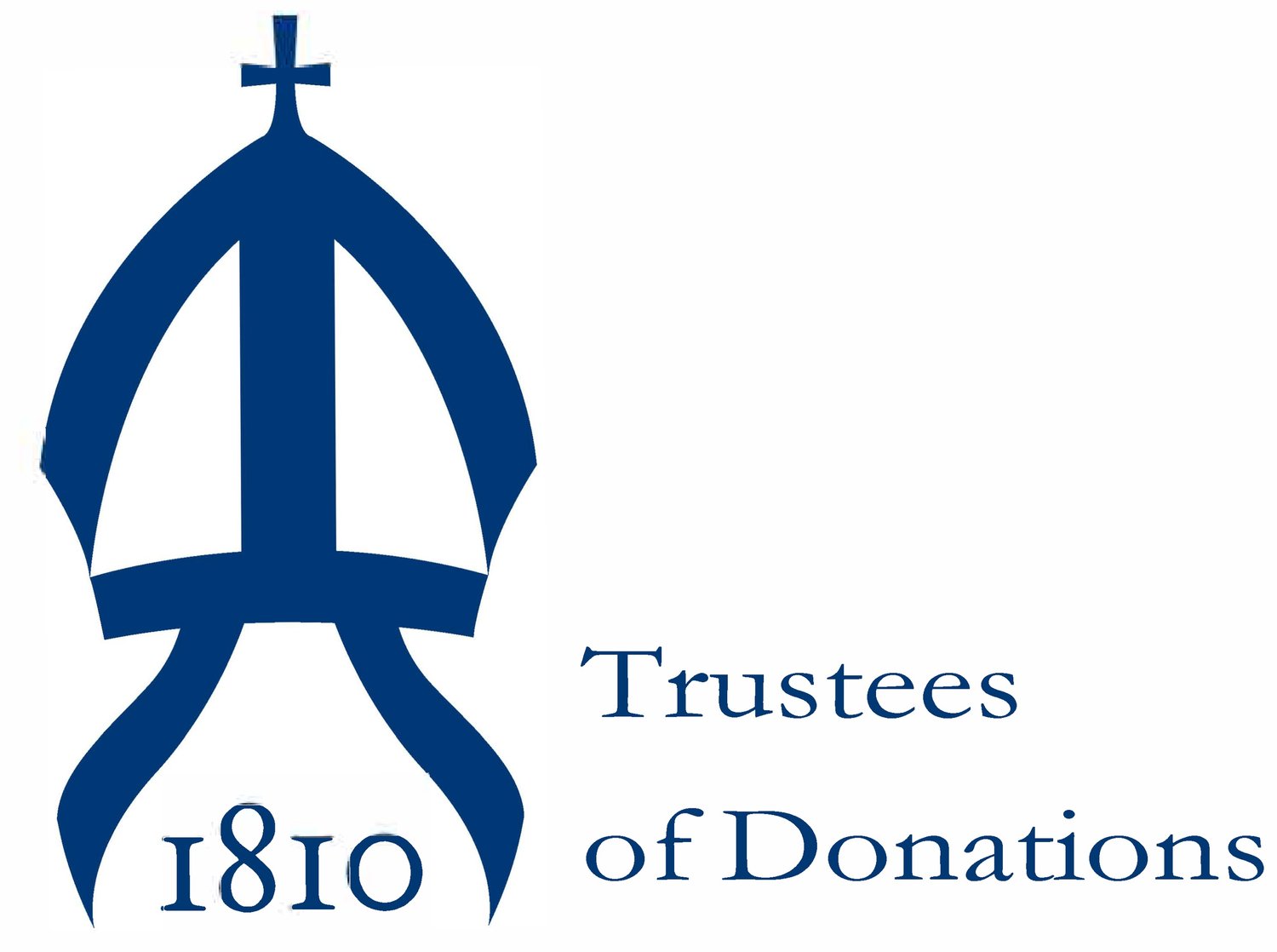SOCIAL RESPONSIBILITY IN INVESTMENTS
Mission Statement
The Committee for Social Responsibility in Investments (SRI Committee), a subcommittee of the Trustees of Donations (TOD), was created in 1973 to assist the TOD in its efforts to balance its pursuit of strong financial returns for DIT participants with the values of the Protestant Episcopal Church. Through proxy voting and selective screening, and in partnership with other socially responsible, religious and Episcopal investors, we invite, encourage and challenge the business community to adopt corporate practices that not only preserve and enhance shareholder value, but also protect and sustain our common global life.
Guiding Statements
The SRI Committee, in concert with the Episcopal Church and Diocesan resolutions, does not allow tobacco, casino gambling, and coal company holdings in its investment portfolios. In general, however, the Committee is committed to constructive engagement with companies through proxy voting and the support of initiatives undertaken by fellow members of the Interfaith Center on Corporate Responsibility, Ceres and the Carbon Disclosure Project (CDP). Its voting recommendations are informed and guided by Diocesan Convention Resolutions, local and national church policy, as well as the Church Pension Fund's voting positions and its historical voting record. The SRI Committee makes every effort to balance the role of fiduciary responsibility with that of social responsibility.
In general, the SRI Committee recommends support for resolutions that request reporting on business activities with social, economic and environmental implications. The Committee believes that corporate transparency and communication with stakeholders lead to better corporate policies and practices.
The Committee requests that a number of issues, such as those requesting reporting and action on environmental issues, be handled on a case-by-case basis rather than by pre-approved guidelines. The primary reason for this is that, out of necessity, the voting process with a proxy voting agent—currently Institutional Shareholder Services (ISS)—requires that shareholder resolutions be summarized, and in that process the language can become too vague for general approval. Case-by-case reviews are undertaken by staff in concert with the chair of the SRI Committee and, given the time sensitive nature of this work, those SRI Committee members available at the time.
Social Issue Shareholder Resolutions
The vast majority of social issue shareholder resolutions currently being proposed and those for which the SRI Committee is recommending support fall into the following categories:
Access to Healthcare
These resolutions address such issues as the millions of Americans that have severely limited access to adequate healthcare and the effect of the AIDS pandemic and ask corporations to report on their business activities and consider ways to improve both situations.
Contract Supplier System
These resolutions address the increasing use of offshore low-wage labor and ask multi-national companies to take responsibility for the conditions under which their vendors operate,
Access to Capital
These resolutions address such issues as redlining and equal credit opportunity and ask companies to monitor their own performance.
Diversity and Equality
These resolutions address such issues as equality principles on sexual orientation, pay equity and racial stereotypes in advertising.
Environmental Justice and Global Warming
These resolutions address such issues as the need for adequate environmental reporting, the effect of climate change resulting from an increase in greenhouse gas emissions, environmental community hazards, as well as pollution prevention, recycling and product life-cycle responsibility.
Human Rights
These resolutions address human rights violations in such countries as Burma, China and Tibet and ask companies to evaluate their performance and adopt codes of conduct to promote and protect human rights around the world.
Tobacco
These resolutions address the sale of tobacco to minors, smoke-free restaurants, tobacco smoke in the environment and tobacco advertising.
Violence and the Militarization of Society
These resolutions ask retail companies to stop selling handguns, ask media companies for standards for monitoring violent programming and request reports on military sales.
Water and Food Security
These resolutions address the privatization of water and the safety of genetically modified foods.
Corporate Governance
The SRI Committee uses the Policy Voting Guidelines for Corporate Governance resolutions developed by Institutional Shareholder Services and refers them to the Investment Committee for review and amendment.
